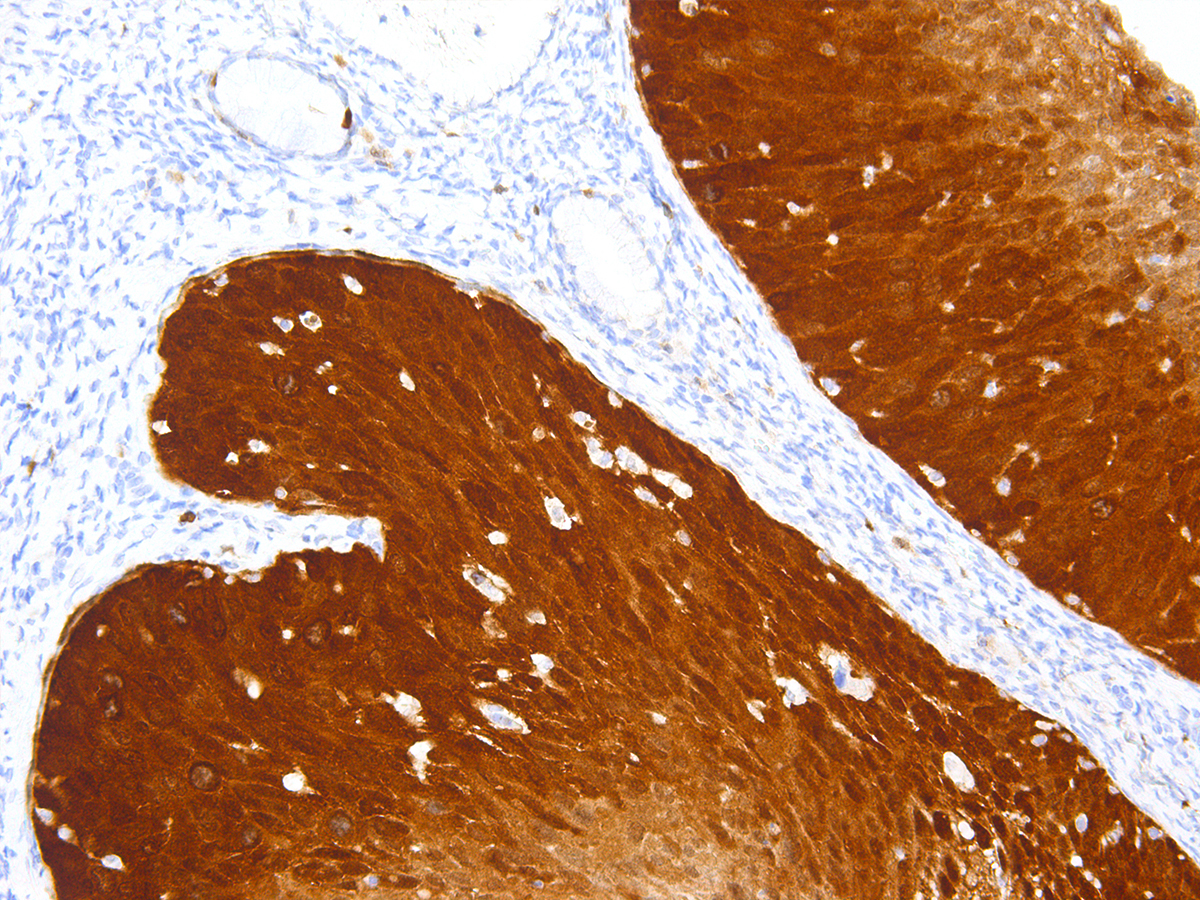
One of the most heard of and common cancers is in the cervix. HPV is a sexually transmitted infection and is one of the causes of cancer in the womens cervix. More often than not, cervical cancer is found in women over the age of 30 but that is not to say the younger women are not at risk. HPV can stay for years, biding time and eventually change the cells into cancer cells in the cervix. Over the past 50 years the death rate from cervical cancer has dropped dramatically mainly due to Pap screening tests and now there is even an injection young females can have to help prevent getting cervical cancer.
Some women will not notice any symptoms of having cancer of the cervix, however usually in the beginning there will be signs. If left, the cancer will continue to grow and then you will notice symptoms such as bleeding during sex or at irregular times in your cycle. You may also experience discharge that is rather heavy and will have a distinct smell to it and you may even suffer with some pelvic pain. It is recommended that you have regular pap smears starting at the age of about 13 to 15 and then throughout your life however if you are experiencing any symptoms or abnormalities then make an appointment to see your GP. There are, as with some treatments complications after having enveloping cervical cancer that may cause you to never get pregnant, any concerns you have you must speak to your GP about your options. If cervical cancer is detected early then there could be an option of doing a surgical method which will remove the cervix and lymphatic tissue around the cervix called radical trachelectomy and this could conserve the uterus. This type of surgery isn’t right for every women with cervical cancer so again its best to speak with your GP with any of your concerns.
Prevention
You can make a huge contribution to preventing yourself from contracting the HPV infection. HPV is passed on y physical contact with the body and this is not limited to sex. As well as using condoms when you have sex limit the amount of your partners and also smoking contributes to cervical cancer, so quit. There is also as mentioned previously in the article a vaccination against HPV you can have. Getting a vaccine for prevention of HPV will protect up to 70% of women against cervical cancer but remember to have pap tests as well.



_f_280x120.jpg)

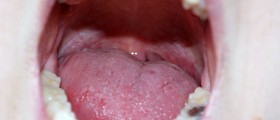
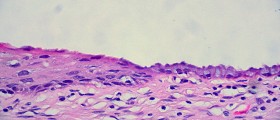

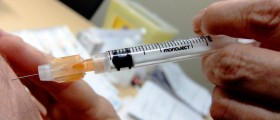
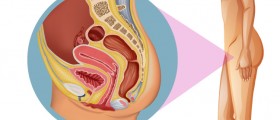


-Disease-Cause-Oral-Cancer_f_280x120.jpg)
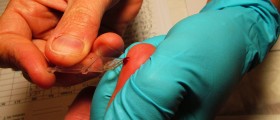

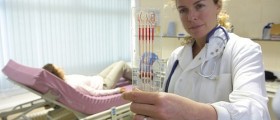
Your thoughts on this
Loading...